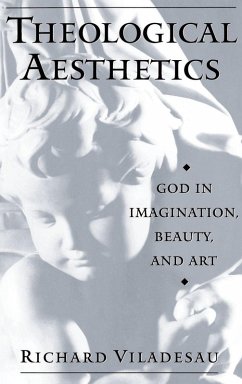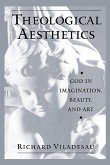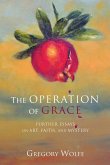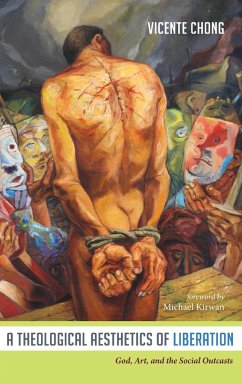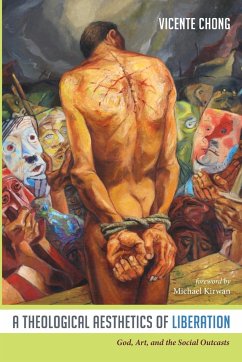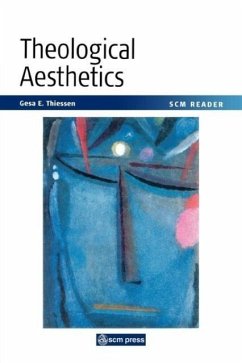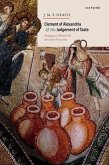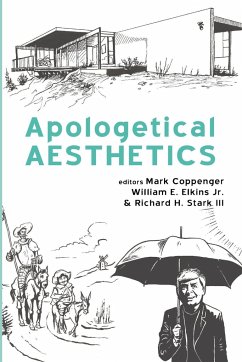His analysis is enlivened by the artistic examples he selects: the music of Mozart as contemplated by Karl Barth, Schoenbergs opera Moses und Aron, the sculptures of Chartres Cathedral, poems by Rilke and Michelangelo, and many others. What emerges from this study is what Viladeseau terms a transcendental theology of aesthetics. In Thomistic terms, he finds that beauty is not only a perfection but a transcendental. That is, any instance of beauty, rightly perceived and rightly understood, can be seen to imply divinely beautiful things as well. In other words, Viladesau argues, God is the absolute and necessary condition for the possibility of beauty.
In this book, Richard Viladesau contrues Christian theology as a "theological aesthetics." He examines Christian revelation and its rational presuppositions in relationship to three interconnected meanings of the "aesthetic" in modern thought: human cognition as feeling and imagination; the realm of the beautiful; and the arts. In each area, examples from the arts are correlated with classical and contemporary theological themes.
Hinweis: Dieser Artikel kann nur an eine deutsche Lieferadresse ausgeliefert werden.
In this book, Richard Viladesau contrues Christian theology as a "theological aesthetics." He examines Christian revelation and its rational presuppositions in relationship to three interconnected meanings of the "aesthetic" in modern thought: human cognition as feeling and imagination; the realm of the beautiful; and the arts. In each area, examples from the arts are correlated with classical and contemporary theological themes.
Hinweis: Dieser Artikel kann nur an eine deutsche Lieferadresse ausgeliefert werden.

